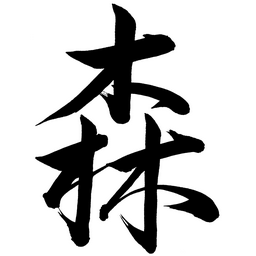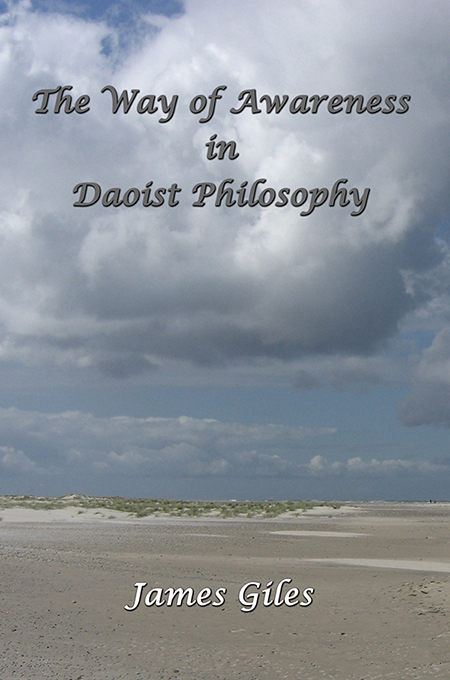This book explores ancient Daoist philosophy and argues against interpretations that paint the early Daoist philosophers as mystics or cosmologists. It claims that Dao is best understood as awareness and that Daoist concerns are primarily with the nature of human experience, meditation, and our relation to the world. The Way of Awareness starts by placing Daoist philosophy within the context of ancient Chinese thought. It then proceeds by critically engaging each of the major Daoist thinkers, works, or schools: Laozi, Yang Zhu, Zhuangzi, the Inward Training, Liezi, and Neo-Daoism. It concludes by pointing to ways in which Daoist thought can offer insights into contemporary Western philosophy. Throughout the book, comparisons are drawn with Western thinkers, psychological research, and Buddhist thought. The book is both a scholarly examination of Chinese and cross-cultural philosophy as well as an original work on ethics, metaphysics, and the philosophy of mind.
Contents and Introduction
Paperback: $34.95, plus S&H / PDF ebook: $15.00
ORDER HERE:
https://www.lulu.com/search?adult_audience_rating=00&page=1&pageSize=4&q=way%20of%20awareness
The Author
James Giles was born in Vancouver, Canada and studied at the University of British Columbia and the University of Edinburgh, where he gained a PhD in philosophy. He is an external associate professor of psychology at Roskilde University, Denmark, and tutor in philosophy at the University of Cambridge, Institute for Continuing Education. He has also taught at Universities in Australia, Canada, Hawaii, and Guam, and has traveled widely through East, South, and Southeast Asia, and the Pacific. His published works include Sexual Essays: Gender, Desire, and Nakedness; Sexual Attraction: The Psychology of Allure; The Shell of When, The Nature of Sexual Desire, No Self to be Found: The Search for Personal Identity; and A Study in Phenomenalism. For more information, see: www.james-giles.com
Praise
James Giles’ book is well written and thoughtfully considered. The breadth of material it covers is impressive without being intimidating. The most stimulating aspect of this book was Giles’ concept of metaphysical awareness. Bringing psychology into dialogue with Daoist philosophy has shown itself to be a tremendously fruitful endeavor and given the wealth of ideas Daoism has about the human psyche, The Way of Awareness in Daoist Philosophy is the perfect place to begin exploring them. — David Chai in The Philosophical Quarterly
The Way of Awareness in Daoist Philosophy provides a detailed and superbly skillful gloss on key texts of Daoist philosophy, making them part of the global conversation. The book begins with a survey of early Chinese philosophy, then discusses various thinkers at length, culminating with Neo-Daoism. Throughout, the work makes many references to Western philosophers and argues common problems. It is a brilliant and profound extension of the global philosophical palette to include a variety of Daoist positions. Besides engaging specialists with its revolutionary vision, the book is well tailored to the general reader and highly suitable for undergraduate courses in philosophy.–Robert Cummings Neville, Dean Emeritus, School of Theology, Boston University. Author of Defining Religion: Essays in Philosophy of Religion.
This reader-friendly book not simply engages us in a better understanding of Daoist philosophy as awareness, the way of both generating and developing the mind. It also opens up a philosophical horizon for gaining perceptual clarity and furthering the contemporary discussion of consciousness, action, and free will. A must for all interested in deepening their understanding of Daoist thought!–Robin R. Wang, Professor of Philosophy, Loyola Marymount University. Author of Yinyang: The Way of Heaven and Earth in Chinese Thought and Culture.
Dr Giles guides the reader along a fascinating and quite bold journey through early Daoist and Daoist related teachings, thinkers, texts and commentators. Throughout this journey a single thread is woven which indicates that the Dao or Way is awareness. Intertwined within this awareness is emptiness, a back and forth of stillness and constant flow which he calls the double return, and wuwei or non-action. Dr Giles argues that these early Daoist teachings regarding awareness and how it relates to the world can enhance and inform contemporary Western philosophy. It also may be seen as beneficial to simply living life. His book provides a clear path where one can make the first step. It is now time to make that first step!
—Robert Santee, PhD, Director, MS Counseling Psychology, Chaminade University, Honolulu. Author of The Tao of Stress: How to Calm, Balance, and Simplify Your Life.

